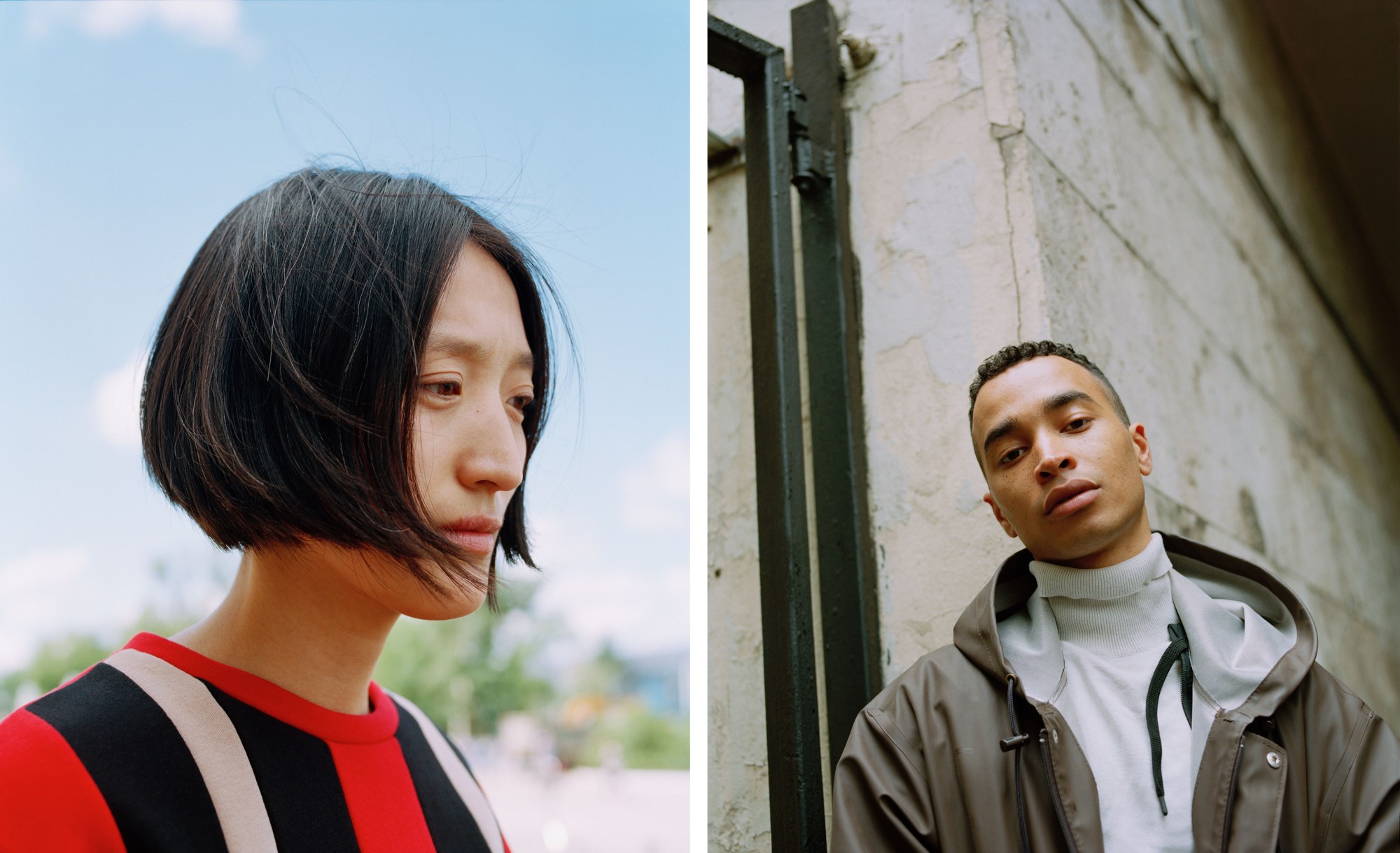With Russia hosting the World Cup this Summer, Moscow has a become a meeting place for a great number of people from many different nations. But not many know that the Russian capital has its own rich history of diversity. With a population of nearly 12 million people, Moscow has always attracted people from all over the world. They move there from abroad, as well as all around Russia, from its European west, to Siberia, to the Far East. From neighbouring countries with a shared Soviet history, and the most remote places in the world.
Although Russia is often perceived as a completely white country (and its conservative government is keen to make that perception part of their official ideology), Moscow represents the true multicultural face of the nation. Although there is still great amount of prejudice to fight on a daily basis, a new generation of Muscovites are keen to create an open and inclusive community for everyone.
i-D talked to Moscow youth about the thrills and pains of the big city, and the challenges of being different.

Gladstone Makhib, 26, actor
“I was born in Tiraspol in Moldova and moved to Moscow at 16. I love the dynamism of this city. The style, food, my friends and our small art circle. I love Tretyakov Gallery and the Garage Museum of Contemporary Art. I love the river and Patriarch Ponds, all the places with water in the city. Muscovites can often be rude, angry and petty, but I’m lucky to be surrounded by open people. Oppression of minorities is a big problem in our society. Russians, as the dominant nation, are not very friendly towards other ethnicities. There’s a social hierarchy and a lack of social mobility. You rarely see non-white people teaching economics at Moscow university for example, but you can see a lot of them cleaning the streets because for the Russians it’s cheap and easy — to me this is the definition of racism in 2018.”
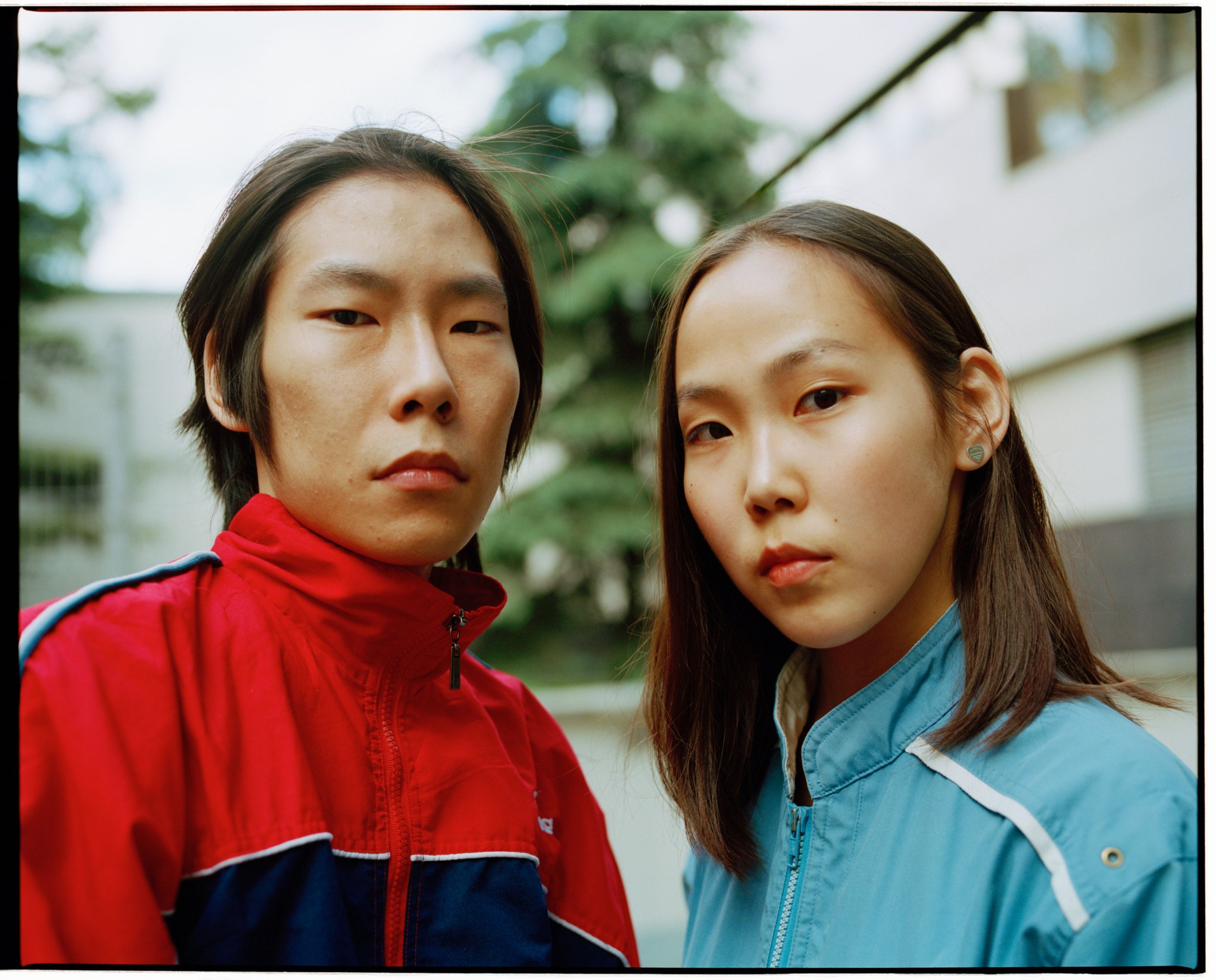
Maya Boytunova, 18, student
“I was born in Yakutsk and moved to Moscow two years ago, after finishing school. My parents are from the Sakha republic in Yakutia. The Yakut language and mentality have been very present in my life. I think it’s wrong to ignore or hide your background. Without having respect for who you are, how would you have respect from others? I love Moscow for its huge variety of places to hang out with friends and cultural activities. Also, in a big city you kind of become invisible, you don’t care as much about other people’s opinions, which is great.”
Aytal Boytunov, 20, student
“I was born and grew up in Yakutia, and have only lived in Moscow for a year. My nationality is very important to me. There are lots of possibilities in Moscow and people who stimulate you. Life here is always thriving and moving.”
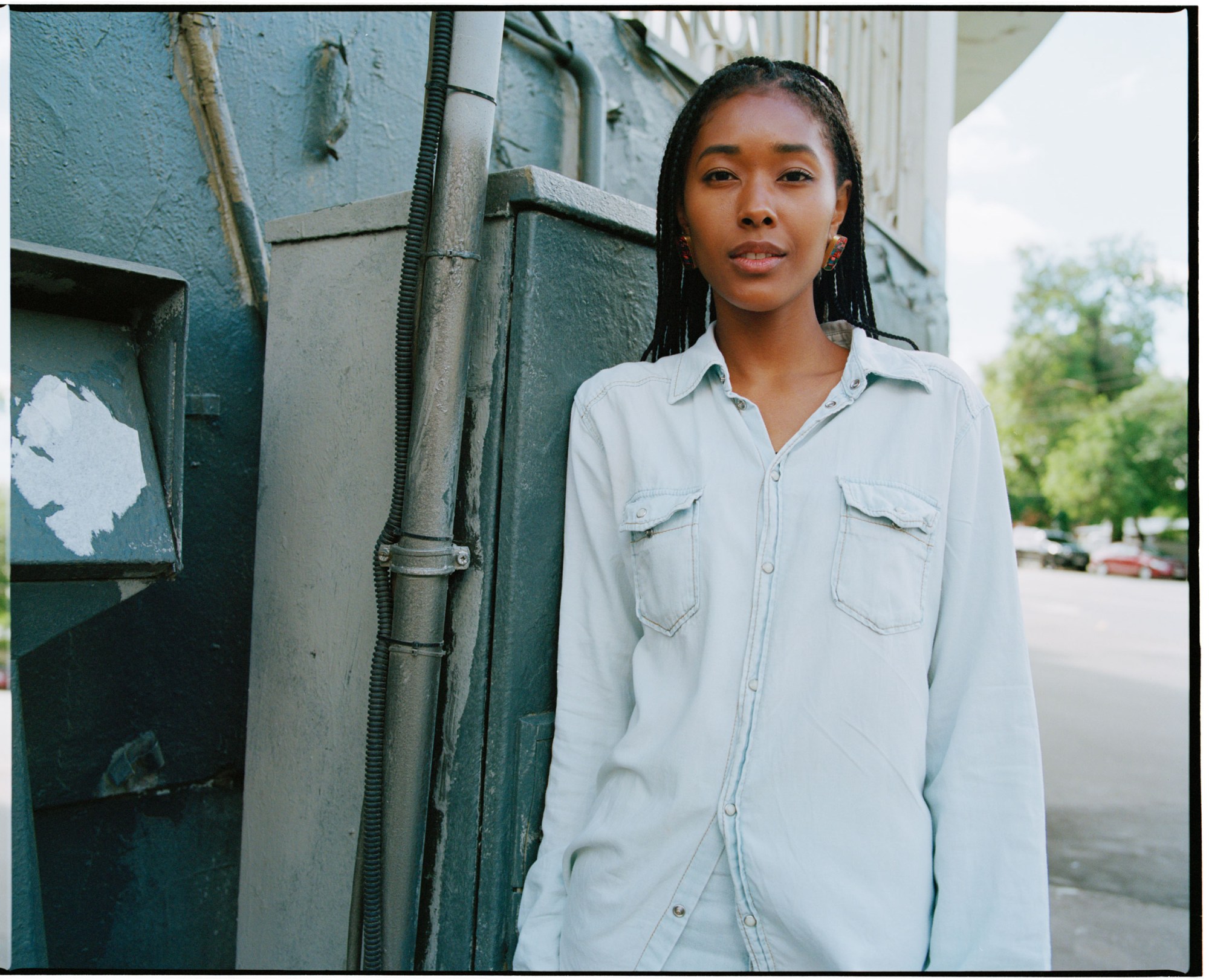
Amina Nmadzuru, 28, marketing manager
“I was born and grew up in Moscow. My dad is from Nigeria, and my mum is from Tuva Republic in southern Siberia. They met while studying in Moscow. Dad is Muslim, and mum is Buddhist, as Tuva is one of the regions of Russia where Buddhism is a traditional religion. I go to Tuva a lot, and lived in Nigeria for a bit, so I’m very familiar with both cultures. I think the older you get the more you appreciate your background. In Moscow I don’t like the excessive attention I draw. I used to never notice it, but after living in New York where no-one pays attention, because there are so many different people around, it started to bother me a bit.”
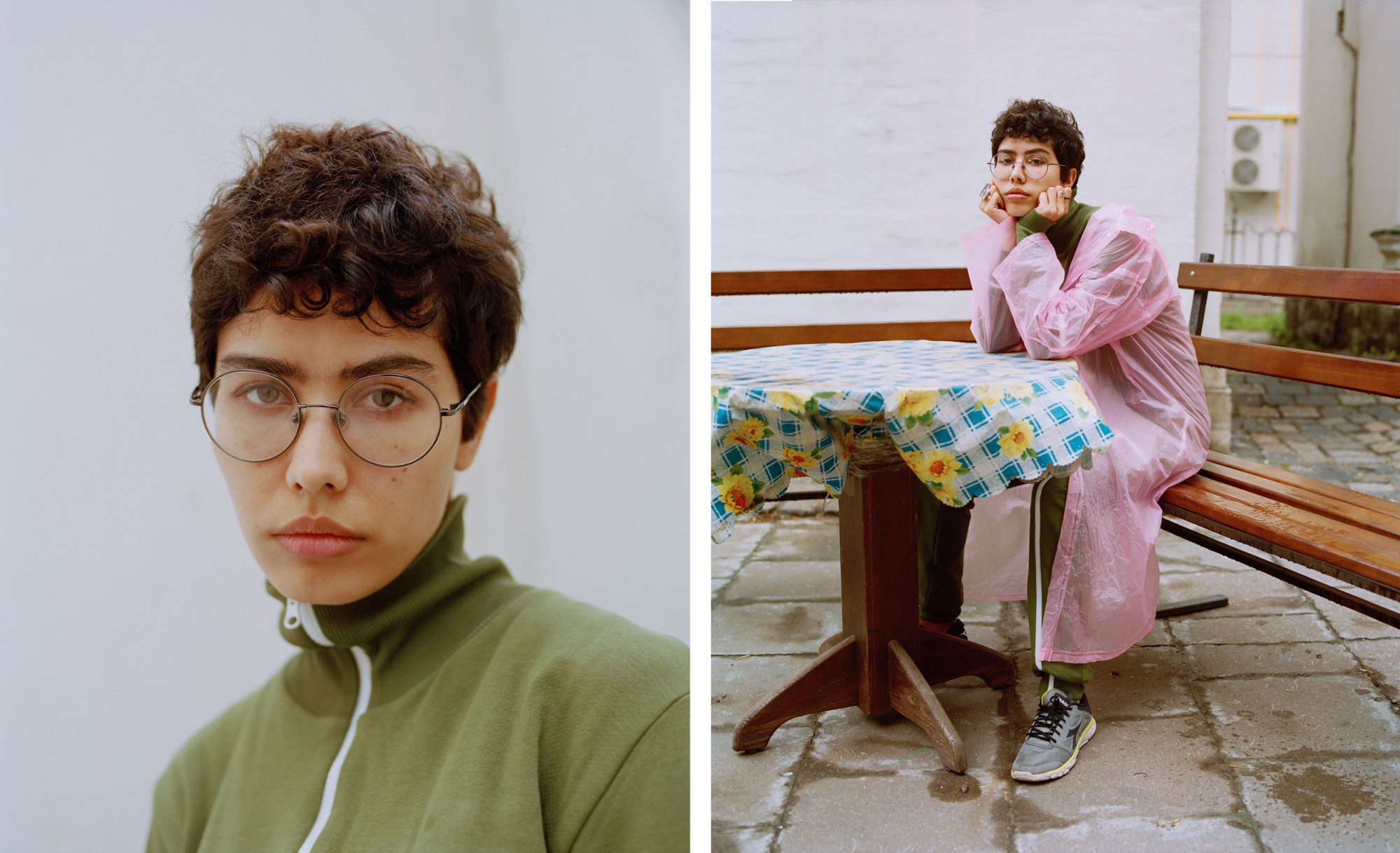
Rokhas, 28, model and artist
“I was born in Cuba and lived there till the age of five and a half, and then my mum decided to come to Russia with me and my sister in search of a better life. The economic situation in Cuba was quite bad then. I didn’t know the Russian language at all, and had a hard time at kindergarten. It was not only the language barrier but also the prejudice against the colour of my skin from other kids. As soon as I stepped on Russian soil I had to deal with both the local climate and hostile mentality. I’m grateful for this experience, as challenges only fall on strong shoulders and make you a real fighter. I’ve lived in Moscow for five years now. I can’t say I love it that much because of the constant construction works and noise, but at least I love it more than Penza, where I lived and studied after Cuba. Moscow is a city of possibilities, which allowed me to realised my creative potential. As a creative person, I am very into its competitive spirit, you just can’t relax here as someone would immediately take your place.”

Elya Vinokurova, 27, works at Enthusiast cafe
“I’ve lived in Moscow for 11 years and it has become my second home. My family is from Yakutia, and I was born and went to school in Yakutsk. Yakut New Years Eve is amazing, it’s celebrated at Summer solstice. The celebration starts in the morning, with contests and sports competitions, throat singing, national music and a massive circle dance. In the end, we welcome sunrise, and you’re charged with energy for the whole year. Moscow is very different. It’s rich and multidimensional, with a lot of museums and theatres. I love the fusion of numerous architectural styles in the city, all the wonderful hidden courtyards. Recently Moscow got cleaner, and historical buildings, like the constructivist Narkomfin, are being restored. Of course, there are drawbacks to this — the constant construction works. There are not enough parks in the city, and a lot of rare heritage buildings end up demolished, even though the local community is fighting for them, and they end up replaced by expensive developments.”
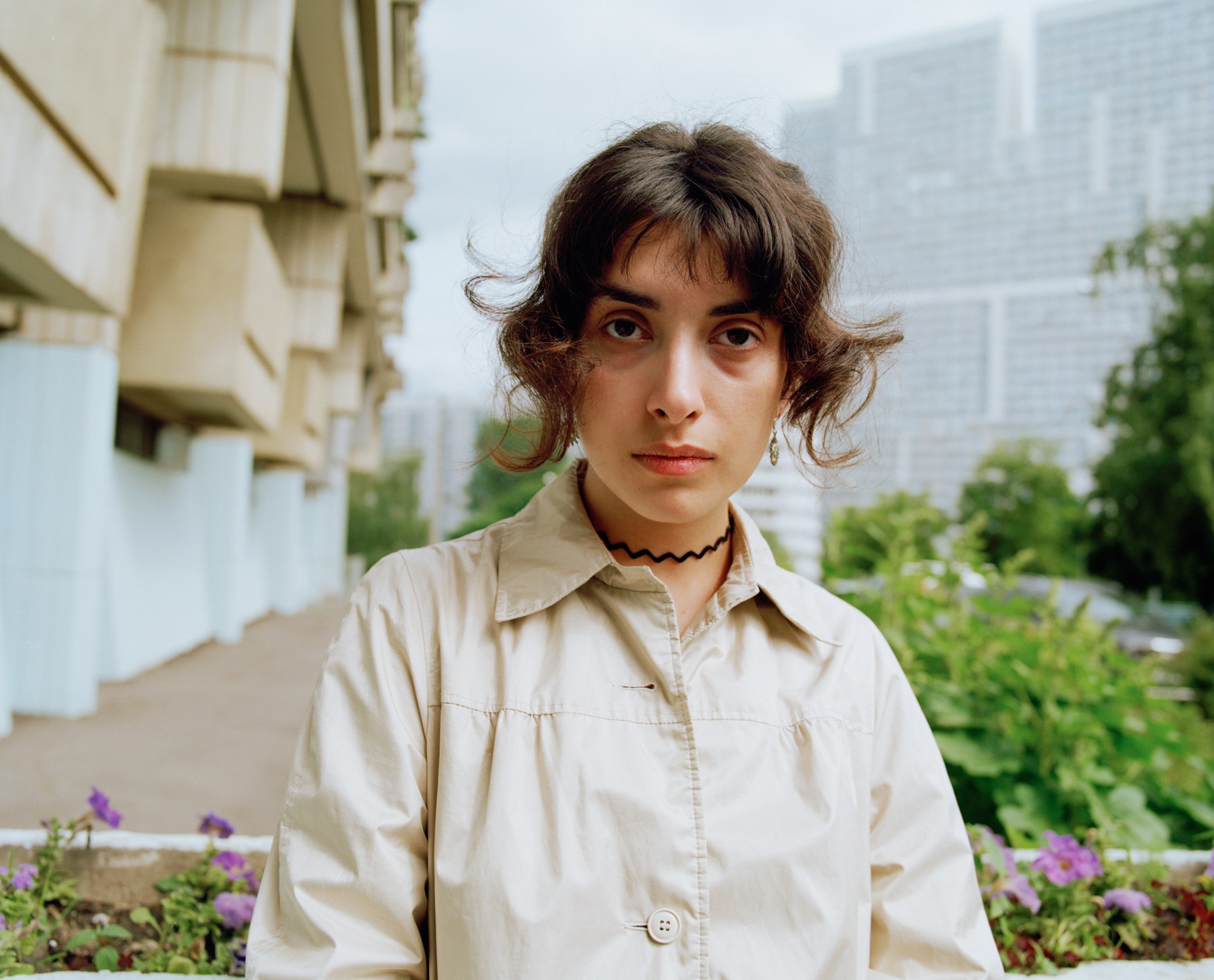
Aida Suleymanova, 23, works in video production and studies psychology
“I moved to Moscow at 16. My family is from a small industrial town in Volgograd region. I don’t like places like that much, because of people — as I can’t relate to their lifestyle. But my family is different, and I’ve been raised to feel like a part of a bigger world. Moscow is attractive because of the possibilities, I like the people and that there are always places to go for culture and entertainment. I don’t like the architecture, and the fact that the city is not very comfortable, and the street advertising is tasteless.”

Vitaliy Korneev, 34, co-owner of ZHITZ in Georgia and designer at OPEN!Design
“I was born in Kazakhstan in Chu town in the famous Chuy Valley, and have lived in Moscow for 18 years. I love the scale of the city, and the fact that there is always a lack of everything, as it gives lots of possibilities for initiative, and there are always things to do and something to make better. I love the multiculturalism, music and art scenes. I don’t like the bustle, the fact that a large percentage of people come here for money, and they’re only interested in money, while human connection is not as important. Moscow is ruled by by authorities and business, and the historical heritage is often being destroyed, and also I don’t like 99 percent of the architecture since the 90s.”

Anka Tsitsishvili, 29, founder and creative director of Indexflat store
“I was born in Tbilisi, Georgia, but my family moved to Moscow in 94. All my family are Georgian, apart from a Russian grandmother from my dad’s side. As a child, I used to spend all school holidays in Georgia. I have a Georgian surname and love the Georgian language. Georgia is very important for me as a small country with a colossal cultural heritage. I love Moscow, the architecture, food, possibilities, music and of course people around me. It’s beautiful. The only thing I don’t like is the the skies in winter when there is not much daylight.
Credits
Photography Eugene Shishkin
Casting Sveta Mart
